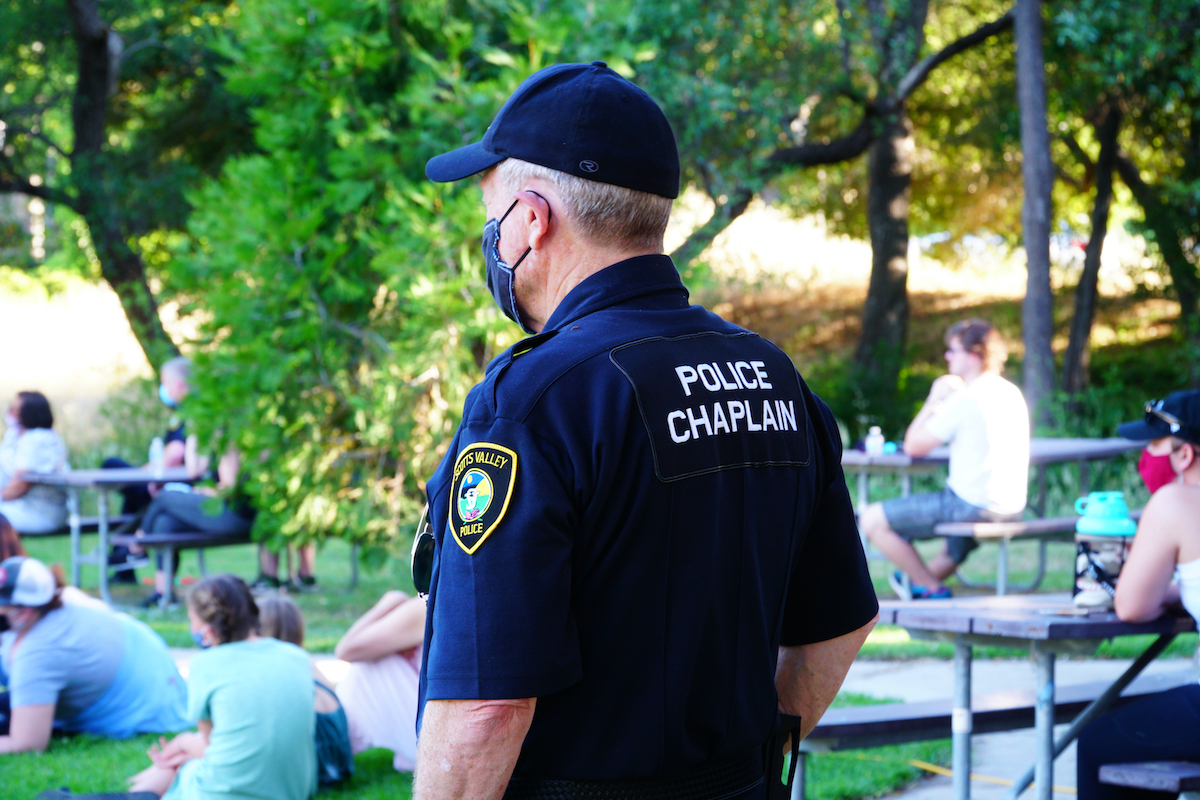In response to the death of George Floyd, the Minneapolis City Council recently announced their intentions to dismantle the city’s police department — a move that has brought increased prominence to the wider national movement to “defund the police.”
Such proposals have mostly ranged from reckless endangerment to convenient escapism to convoluted word games. Yet if we look beyond the deconstructionist impulses of the day, we also see some positive traction for more productive and targeted reforms — from the dismantling of entrenched police unions, to proposed changes to use-of-force practices, to a more general reckoning with how we approach the intersection of public safety and mental health.
These types of legal reforms are important and necessary, but in considering the various policies and proposals, we also ought to remember the transformative power of our mediating institutions. In the struggle to reduce problems of over-policing and over-criminalization and improve public trust in law enforcement, what is the role of local community organizations and institutions?
In Norfolk, Virginia, we see an inspiring example of the kind of bottom-up partnership that is possible. In 2017, the city’s police chief, Larry Boone, noticed a breakdown in relations between police and community members. Focused on maintaining peace and order, he turned to a source that nearly everyone in the community could trust: local clergy.
The police department forged a partnership with local pastors, known as the “clergy patrol,” to collaborate in responding to calls and crises throughout the community. Since the program’s inception, the city has seen its “lowest violent crime rating in 17 years,” according to CBN.
“Some portions of Norfolk are very difficult,” explains Boone. “A lot of these incidents are occurring just down the street from the church. Wouldn’t it be a fantastic idea if clergy and police could patrol together in some of our most problematic areas in the city?”
In the following video, we learn more about the program’s history and overarching goal:
“We have to build authentic relationships,” Boone explains. “And I’m not talking about the political correctness type of ‘officer friendly’; I’m talking about relationships that touch your heart, your soul, and your spirit.”
Unlike a typical ride-along, clergy do not simply sit in the police car and observe. Once a situation is safe and stabilized, they are free to enter a given scene and minister directly to community members, offering prayer and counsel or collaborating with police on any support that may be needed.
According Antipas Harris, a local pastor and community leader, the partnership has not just made room for stronger connections and mutual empathy across the community, it has also expanding pathways to holistically minister to people in moments of great distress:
We have had opportunities to build relationships with the police, which I think is a valuable partnership. But also, as we encounter situations, whether they are domestic disputes or stabbings or shootings or stand-offs, we’re right there. And many times we’re able to offer services to mediate conflict or de-escalate situations, which of course, in these days and times, when there’s so much friction between the police and the community, particularly in the cities, our work has proven to be valuable, and the citizens always respond very positively …
I think the community calls upon the pastors, because that’s the way God intended it. God intends for pastors to be not only inward looking but outward looking. Particularly in the inner cities, there are churches everywhere, and there’s been a lot of concern as to where the church stands in light of a lot of social issues. So, the clergy patrol allows us the opportunity to be fully present and bear witness in the public square. The benefit is that the church is then seen as a church that’s not only looking inwardly, but looking outwardly. It’s a profound opportunity to bear witness in all types of situations, and also to build a [rapport] with the police department.
The effort is but one small example of how communities can adapt to mitigate conflict and maintain peace and improve public trust — all without waiting for broader systemic reforms. Again, our present crisis certainly warrants policy changes at the top, but our energies and cultural imaginations need to consider much more, leaving room for micro-innovations and local partnerships to emerge. Adjustments to policing tactics may help build public trust over the long-term, but authentic relationships and community capital at the local level ultimately come from someplace else.
As Robert Woodson explains in Acton’s Poverty Cure series, local leaders can serve as “antibodies” in fighting urban poverty and community breakdown, whether they are pastors and police or parents, teachers, and entrepreneurs. “When you go into a doctor’s office, a credible, intelligent physician will first of all attempt to do that which is least intrusive to your body,” Woodson explains.
Although the national debates rage on, most of the “least intrusive” and most effective reforms are likely to spring from the efforts of those who are already actively working with, serving, and protecting their neighbors.
“I think clergy patrol is a bridge,” says Leroy Briggs, who has served as Norfolk’s police chaplain for 18 years. “And on that bridge together, we build a relationship that I think could really fortify the future and strengthen the public safety in our community … It’s going to get that way one day if we just keep on doing what we’re doing and this police department in Norfolk keeps on being a blessing to the community.”
(Photo credit: Michael Barajas / Shutterstock.com.)

